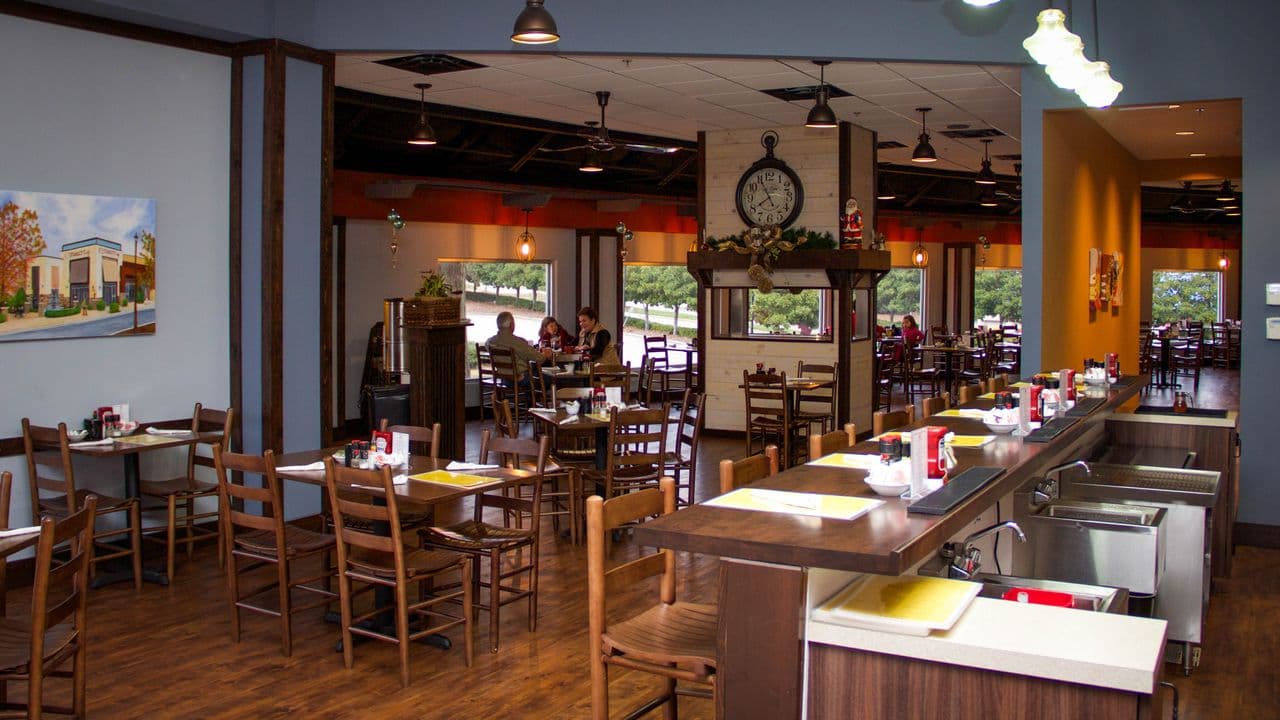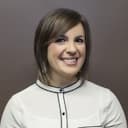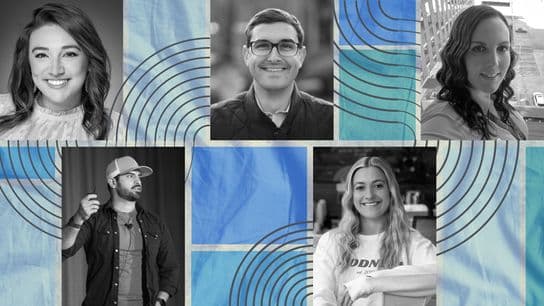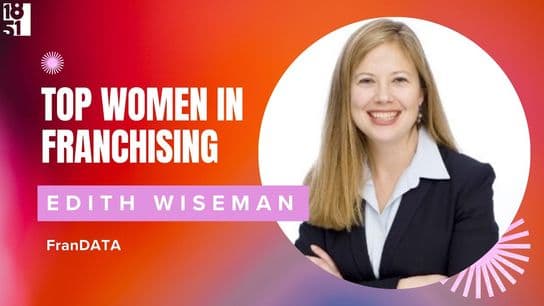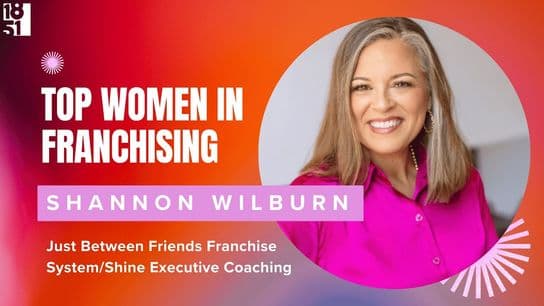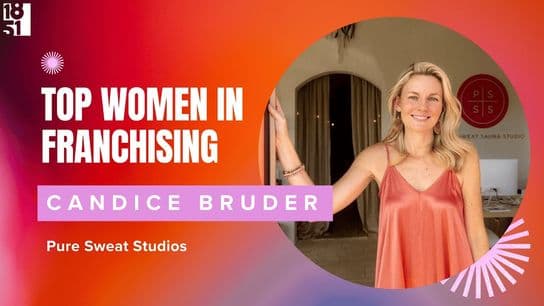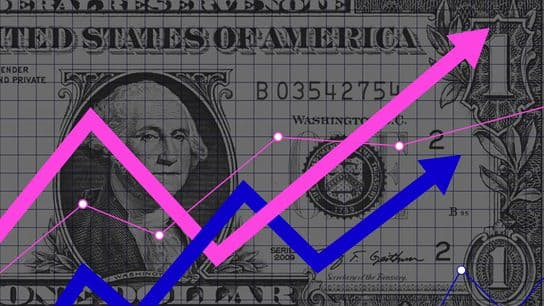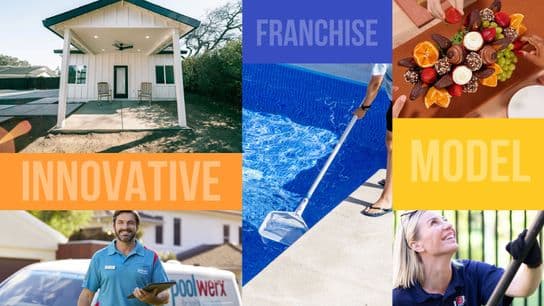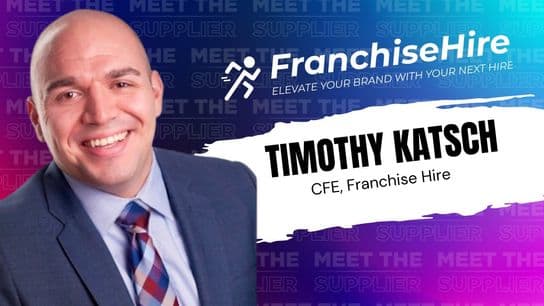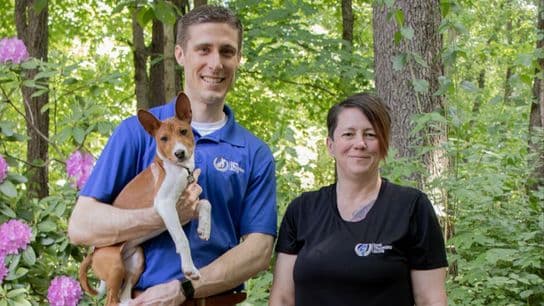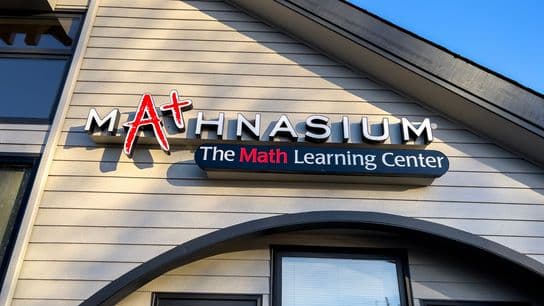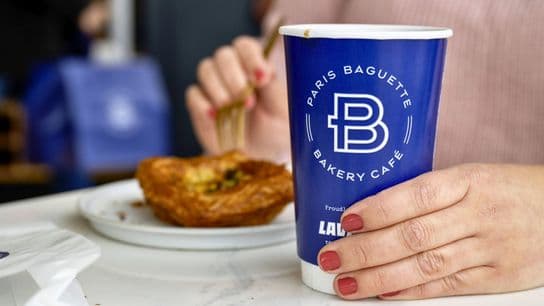Trial by Error for Famous Toastery Founder Robert Maynard
How this former Wall Streeter and musician learned the restaurant business the hard way
Robert Maynard and Brian Burchill have known each other since they played on their childhood street together on Long Island. Years later, they ended up on the same street in Manhattan. By then, Maynard was a musician and Burchill, an actor. But Burchill always had a passion for cooking. While working as an actor, he worked in restaurants. Meanwhile, Maynard went on to Wall Street.
But Burchill had a burning desire to move to North Carolina and open a restaurant of his own. He wanted Maynard to help him open a restaurant because he knew the restaurant side, but he didn’t know the business side.
“He asked me to get involved and I basically told him that he was out of his mind,” said Maynard. “He said, ‘Look, just come and help me.’ He set up a car, plane ticket and a place to stay for a couple of days and by the third day we had a deposit on a space that was an existing restaurant.”
And so began the Famous Toastery story. Back in 2005, it was called Toast Café, but the name was eventually changed to help with brand identity as the franchise launched. With Maynard’s experience from Wall Street, getting into the restaurant business was new to him, and running a restaurant was new to Burchill. There were learning curves on both sides, but they succeeded because they embraced it and took every mistake as a learning opportunity. For the first couple of years, Maynard wasn’t that involved in the day-to-day operations and he would go to North Carolina once every couple of months, and then in 2008, his trips increased to once every six weeks, and then once the brand began franchising in 2013, he eventually moved there in 2014.
“When we first got into the business, it actually did really well. Better than expected, and I guess nobody was fully prepared for it and a lot of mistakes were made,” said Maynard. “We cleaned up rather quickly - we realized there were no systems, no processes in place, no processes even existed, and we were just a mom and pop.”
And with no systems in place, there was no benchmark or budgets, there was nothing to work toward and everything was a mess according to Maynard. But that’s what inspired the team to create systems and put processes in place.
“I didn’t expect it to expand. My intention was never to own a restaurant chain. I just thought I was investing in a restaurant,” said Maynard. “But things went so wrong that they turned out so right because we had to dive in and know every aspect of the business. I don’t believe you learn anything in success. You learn your big lessons in failure. When you mess up, you choose to make a change and think, how do we not have this problem again, how do we get this thing going?”
So they took that opportunity to hire the right people, build the right business plan, and it was only because things got messed up that they did that.
“Not having the right people in place is a huge mistake,” warned Maynard. You can only run a mom and pop like one for so long. Once things started getting bigger, and again, it was never meant to be more than two stores, but once we had three locations, you realize what systems aren’t in place and you really learn about human equity.”
He notes a major turning point in setting a structure occurred when he hired the company’s CFO Adam Gordon. Maynard said Gordon was an integral part in building systems and implementing checks and balances within the business. And Maynard also realized that he couldn’t do everything himself as the franchise took off. As a small business owner, and you open more than one store, you can’t be in both places so you have to train people to take your place. This means that the 23-unit franchise brand is always looking for the right staff to come out and hire them for new locations. Looking back, they started to realize that you need to have a bench. They have a list of people to be managers in new stores that are in current stores now. He admits that they learned this the hard way. Maynard explains that as you grow, you have got to be able to count on other people, train other people and trust people to run things when you can’t be there.
